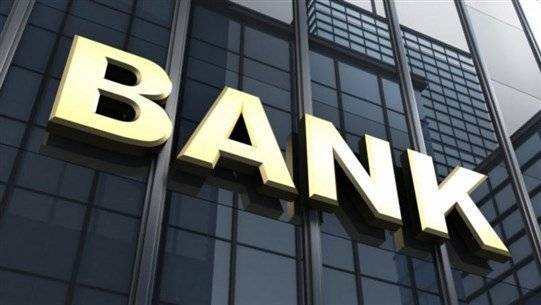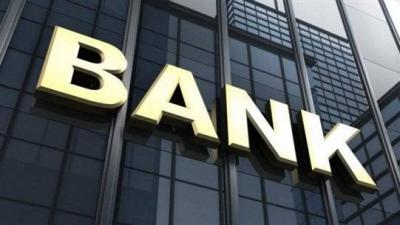The Board of Directors of the Association of Banks in Lebanon held a meeting on August 4, 2022, where they discussed "the issue of the malicious lawsuits that banks are facing, which result in arbitrary and populist rulings from authorities pre-selected by plaintiffs for purposes that are no longer hidden from anyone." The Association of Banks in Lebanon stated that "while the law aims to achieve conscious justice by requiring a minimum understanding of specific laws, such as banking and accounting laws, banks are astonished by the disregard of some individuals tasked with upholding the law, as if the application of the law has become optional for them rather than obligatory. Their astonishment increases when these authorities take drastic measures that affect the freedoms and dignity of individuals, harming their reputation and jeopardizing the relationships of local banks with correspondent banks, causing significant damage not only to bank officials, but primarily to depositors."
It added: "Examples of this include the failure of these authorities to understand the meaning of 'Adverse Opinion' issued recently by diligent auditors, particularly international ones, during the review of financial statements, not only for banks but potentially for all companies operating in Lebanon. They overlooked that the banking situation in Lebanon, like the economic situation, is a victim of systemic risks and not the result of individual actions taken by banks or other economic institutions, which would necessitate holding individuals accountable. Had these authorities read the reasons for this adverse opinion, and understood them if they had read them, or consulted an accounting expert to clarify them before making their decision, they would have known that the reasons for the adverse opinion are not due to accounting fraud, but to the impossibility of applying international accounting standards due to the overall economic conditions in the country, which are the responsibility of the state that has led us to this point, and not the concerned bank, such as the lack of unified exchange rates under IAS 21 or hyperinflation under IAS 29, or others. An adverse opinion does not mean that the concerned company or bank is attempting to hide profits; rather, if the application of international accounting standards were possible, losses would have increased, not decreased."
The Association of Banks in Lebanon expressed its confusion regarding the detention of the Chairman of the Board of Bank of Credité Libanais S.A.L. due to a criminal complaint filed against him before the High Public Prosecutor in Mount Lebanon by a holder of preferred shares, accusing him of failing to distribute profits at a time when the bank did not achieve profits to distribute.
It continued: "These abnormal situations, which banks have tried as much as possible to deal with flexibly, even at their own expense, have reached an unacceptable level. They can no longer bear harmful and populist stances at their expense and at the expense of the economy, and they find themselves compelled to issue a general warning urging everyone to engage seriously and responsibly with the current situations in order to move towards real recovery. Therefore, the banks operating in Lebanon announce a strike starting Monday, August 8, 2022, with the General Assembly of banks scheduled to convene on August 10 to decide on the appropriate position regarding this matter."




